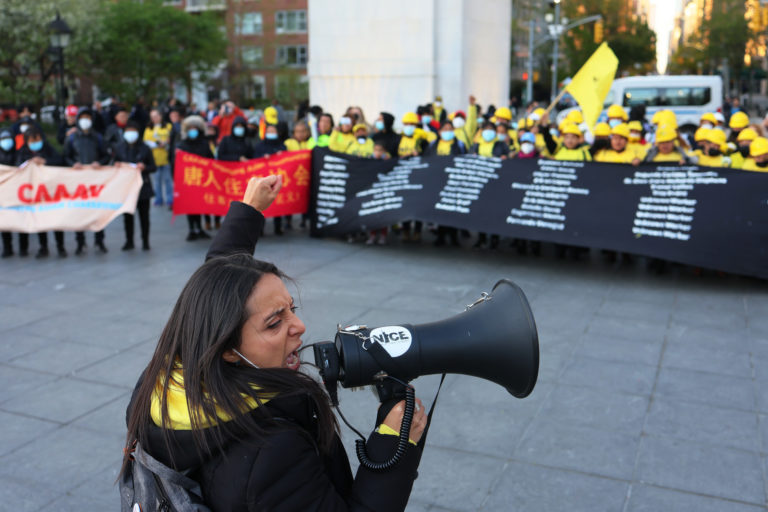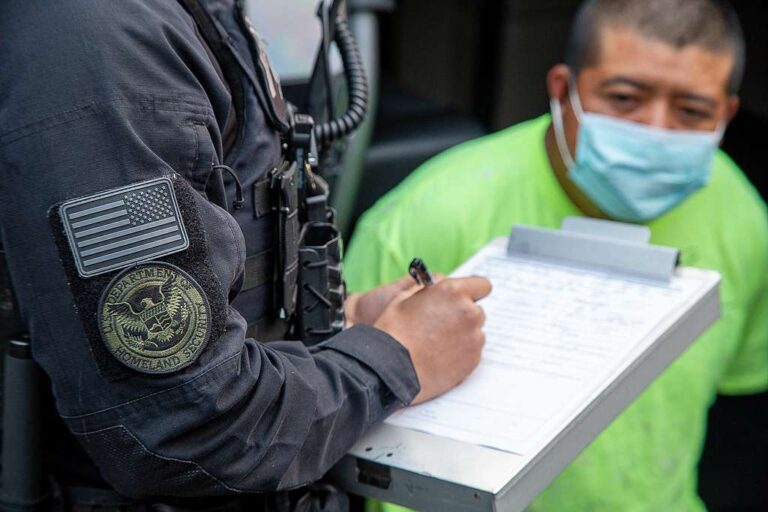Maia Usui is a student at Harvard Law School.
Fox News has paid out as much as $13 million to fend off sexual harassment claims against their top anchor, Bill O’Reilly. A New York Times investigation has revealed that five women (including employees) have received payouts either from O’Reilly or the network in exchange for their promise not to pursue litigation or speak out in public. This is the second sexual harassment scandal to hit Fox News in the last year: long-time chairman Roger Ailes resigned in July after several female employees accused him of inappropriate conduct.
President Trump’s nominee for Labor Secretary is on his way to the Senate floor. On Thursday the Senate HELP Committee approved Alexander Acosta. No date has been set for the confirmation vote, but the expectation is that he will be approved. And while Acosta has been welcomed as a far more qualified candidate than Trump’s last nominee, Andrew Puzder, some remain skeptical. The Nation warns that Acosta’s deference to the President’s labor policies — such as the rollback of overtime rules and the elimination of OSHA training grants — makes him “more dangerous” than he might appear.
Does the United States need a wall? Not according to the numbers, The New Yorker argues. A recent paper from researchers at UC San Diego reveals that the pace of undocumented immigration into the United States has slowed over the past decade, meaning that the competitive pressure on low-skilled jobs and wages is easing up. The dilemma facing the United States is not how to protect its borders, the researchers claim, but rather “how to prepare for a lower-immigration future.”
The bigger threat to jobs might be robots, as several recent reports have highlighted. Over at The Washington Post, Vivek Wadhwa and Jeff Greene argue that the future is bleak — 4 out of 10 jobs in the United States could be replaced by robots in the next fifteen years — and that the Trump administration is not doing enough to prepare for it.
Modern-day slavery is a reality, new data suggests. A report from Polaris, an organization that fights human trafficking, claims that many workers in the American food industry — from farms to restaurants and bars — are smuggled into the country and forced into jobs they cannot leave. Quartz has more.
Finally, in other news from the food industry, restaurants faced with a shortage in kitchen staff are looking for new ways to entice workers. According to NPR, some restaurants are experimenting with revenue sharing in order to reduce the wage gap between tipped and nontipped workers. Initial results have been encouraging.










Daily News & Commentary
Start your day with our roundup of the latest labor developments. See all
March 4
The NLRB and Ex-Cell-O; top aides to Labor Secretary resign; attacks on the Federal Mediation and Conciliation Service
March 3
Texas dismantles contracting program for minorities; NextEra settles ERISA lawsuit; Chipotle beats an age discrimination suit.
March 2
Block lays off over 4,000 workers; H-1B fee data is revealed.
March 1
The NLRB officially rescinds the Biden-era standard for determining joint-employer status; the DOL proposes a rule that would rescind the Biden-era standard for determining independent contractor status; and Walmart pays $100 million for deceiving delivery drivers regarding wages and tips.
February 27
The Ninth Circuit allows Trump to dismantle certain government unions based on national security concerns; and the DOL set to focus enforcement on firms with “outsized market power.”
February 26
Workplace AI regulations proposed in Michigan; en banc D.C. Circuit hears oral argument in CFPB case; white police officers sue Philadelphia over DEI policy.